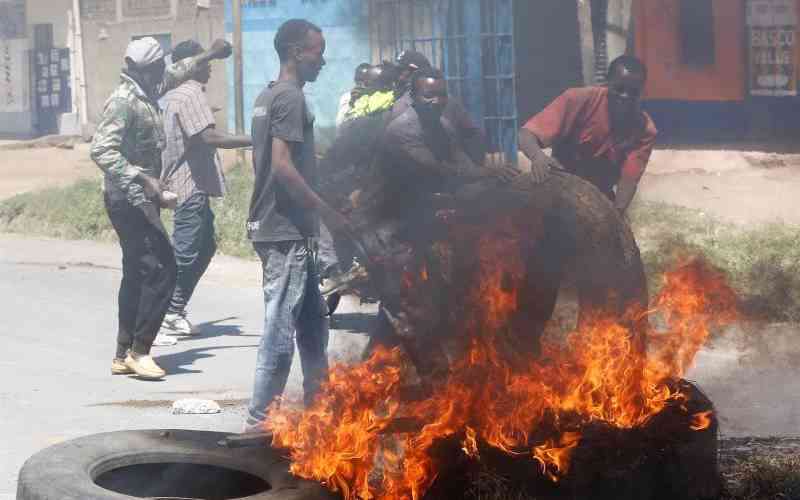×
The Standard e-Paper
Kenya’s Boldest Voice

This country owes Nyeri Archbishop Anthony Muheria a debt of gratitude. He recently dished out some home truths to our political leaders on behalf of an anxious nation.
"We need to recover our humanity. Leadership needs to be humane, empathetic and compassionate. Currently, the leader is arrogant, rough, insulting and imposing. I think we are going to the wrong kind of leadership," he said on national TV.